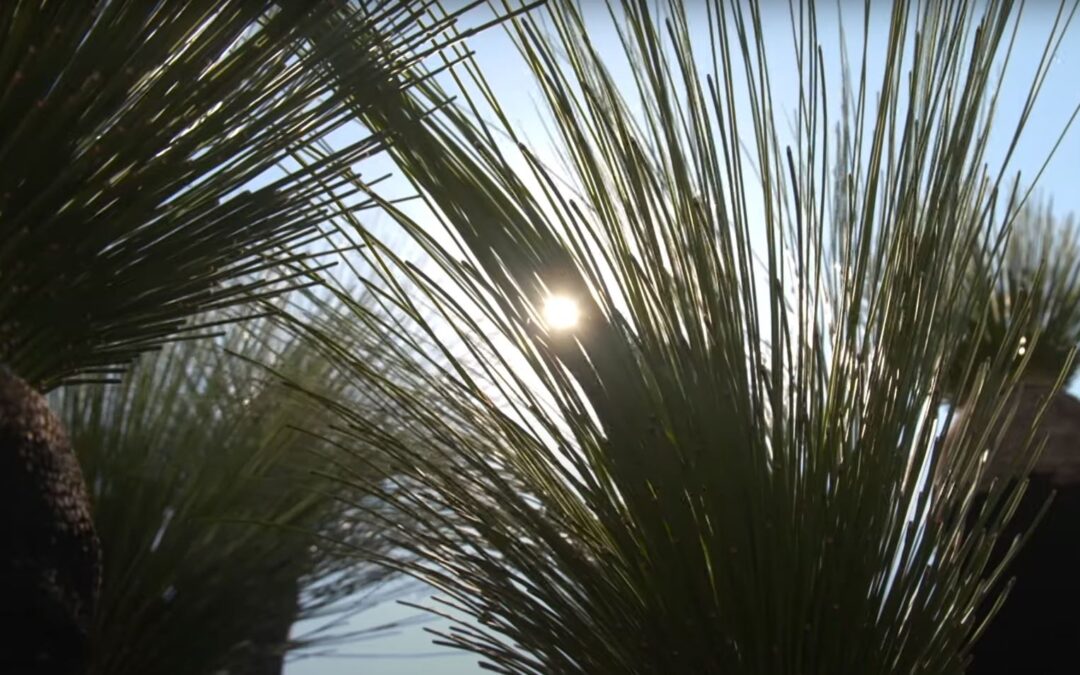Grass trees, also known as Xanthorrhoea, are native Australian plants that have specific requirements for their growth and health. Brown sugar, which is typically used as a sweetener in cooking, does not provide any significant benefits for grass trees and is not considered necessary or beneficial for their growth.
Grass trees are adapted to survive in nutrient-poor soils and are generally well-suited to the natural conditions of their native habitats. They primarily rely on their symbiotic relationship with certain soil fungi to extract nutrients from the soil.
To promote the health and growth of grass trees, it is generally recommended to focus on providing suitable environmental conditions rather than adding brown sugar or other substances. These conditions include:
- Well-draining soil: Grass trees prefer sandy or well-draining soils to prevent waterlogged roots, as excessive moisture can lead to root rot.
- Adequate sunlight: Grass trees thrive in full sunlight and require several hours of direct sunlight each day.
- Minimal disturbance: Avoid disturbing the root system of grass trees, as they have delicate and sensitive roots.
- Fire management: Some grass tree species are adapted to fire-prone environments and may require periodic controlled burns to stimulate growth and flowering. However, it’s important to consult with local authorities or experts regarding fire management practices.
- Conservation efforts: In some regions, grass trees are protected species, and their removal or disturbance may be regulated. It’s important to check with local authorities before taking any action.
If you have concerns about the health or care of a grass tree, it is advisable to seek advice from local gardening experts, horticulturists, or organizations specializing in native plant conservation. They can provide specific guidance based on your location and the specific species of grass tree you are dealing with.

